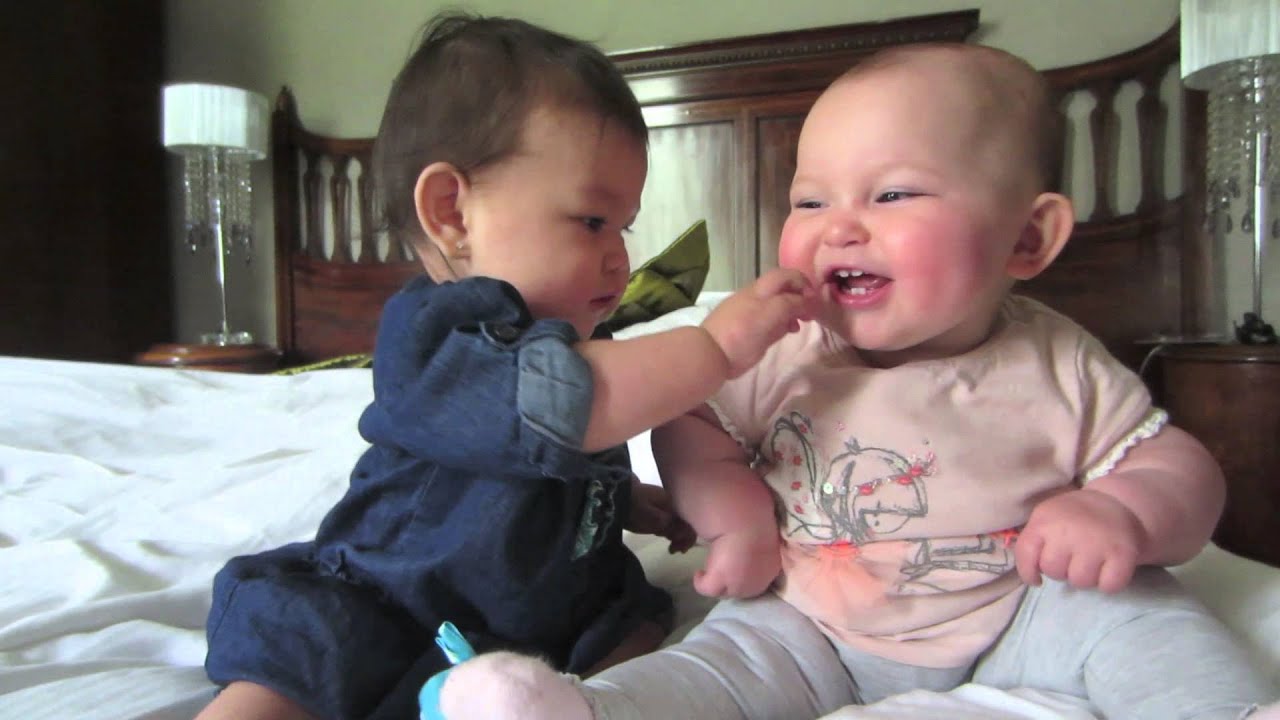Long before they can speak clearly, babies understand the general meaning of what you’re saying. They also absorb emotional tone. Encourage baby’s early attempts to communicate with you with loving attention: Look at your baby as they babble and laugh, rather than looking away, interrupting, or talking with someone else. Be patient as you try to decode your infant’s baby talk and nonverbal communication, like facial expressions, gurgling, or babbling sounds that could signal either frustration or joy. Make time to give your baby lots of loving attention, so they can “speak” to you with their baby talk, even when you’re busy with other tasks.
Right from the start, baby talk should be a two-way street. By imitating your baby, you’ll send an important message: what they are feeling and trying to communicate matters to you. Have back-and-forth conversations in baby talk to teach your baby the give-and-take of adult conversation. Imitate baby’s vocalizations — “ba-ba” or “goo-goo” — then wait for them to make another sound, and repeat that back. Do your best to respond, even when you don’t understand what your baby is trying to say.
